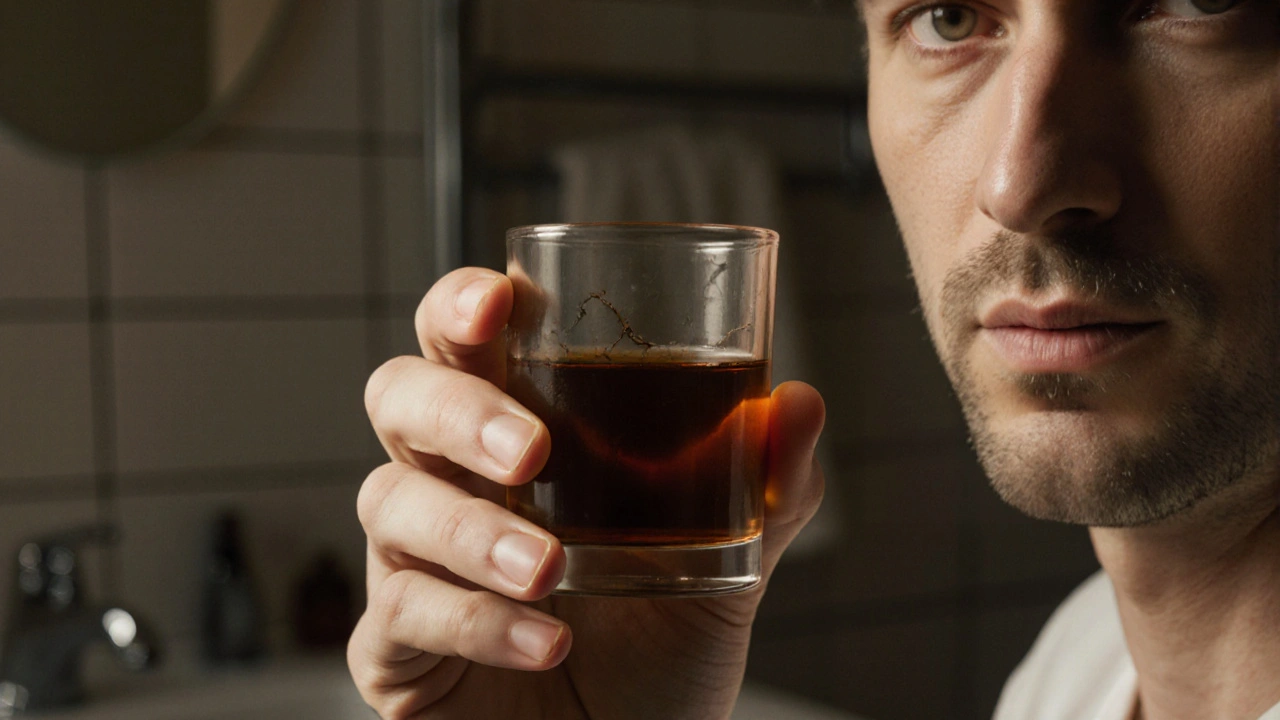Kidney Function – How It Affects Medications, Cholesterol & Overall Health
When talking about kidney function, the ability of the kidneys to filter waste, balance fluids, and regulate electrolytes. Also known as renal function, it plays a central role in how the body handles medicines, nutrients, and toxins. Another key player is Chronic Kidney Disease, a condition where kidney function declines over time, often linked to hypertension and diabetes. Proper drug dosing, which means adjusting medication amounts based on how well the kidneys work, is essential to avoid toxicity or under‑treatment.
Why Kidney Function Matters for Everyday Health
First, the kidneys act like a built‑in water filter. They clear creatinine, urea, and excess electrolytes from the blood while keeping what the body needs. When filtration slows, waste builds up and can affect heart rhythm, blood pressure, and bone health. Second, many drugs – from antibiotics like norfloxacin to diuretics such as Lasix – are cleared mainly by the kidneys. If kidney function is reduced, the same dose can linger longer, raising the risk of side effects. That’s why clinicians use formulas like the Cockcroft‑Gault equation to estimate glomerular filtration rate (GFR) before prescribing.
Third, cholesterol isn’t just a heart issue. Research shows high low‑density lipoprotein (LDL) can accelerate kidney damage, especially in people with existing CKD. Elevated LDL promotes inflammation in the tiny blood vessels of the kidneys, speeding up scarring and loss of filtration capacity. Managing LDL with diet, statins, or lifestyle changes can therefore slow CKD progression and improve overall outcomes.
Fourth, dehydration or over‑use of certain supplements can strain the kidneys. For example, excessive protein, certain herbal blends, or high‑dose vitamin D may increase the workload. Staying hydrated, monitoring sodium intake, and consulting a health professional before starting new supplements helps keep the kidneys running smoothly.
Fifth, when kidney function is compromised, specialists often turn to specific drug classes. Loop diuretics like torsemide or furosemide (Lasix) become crucial to control fluid overload in CKD patients. However, each diuretic has its own potency, half‑life, and electrolyte effects. Selecting the right one and tweaking the dose according to GFR can prevent dangerous drops in potassium or sudden blood pressure spikes.
Sixth, kidney stones are another common concern tied to kidney health. Natural remedies such as the herbal blend Cystone claim to reduce stone formation, but solid evidence points to adequate hydration, reduced sodium, and limiting oxalate‑rich foods as the most reliable strategies. When stones do form, doctors may adjust medication dosage to avoid further kidney injury.
All these pieces – waste filtration, drug clearance, cholesterol impact, fluid balance, and stone prevention – weave together a picture of why understanding kidney function is vital. Below, you’ll find practical guides on ticlopidine dosing for renal patients, LDL‑lowering tips for CKD, safe buying of diuretics online, and more. Dive in to get the actionable insights you need to protect your kidneys and make smarter medication choices.
How Dehydration Leads to Difficulty Urinating: Causes and Solutions
Learn how dehydration impacts urine flow, why it can cause difficulty urinating, and practical steps to restore normal bladder function.
